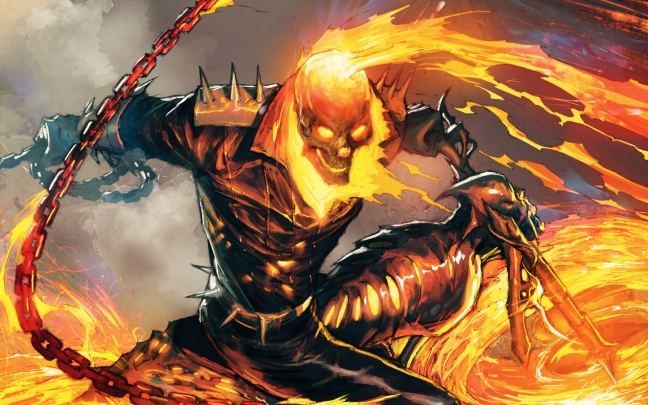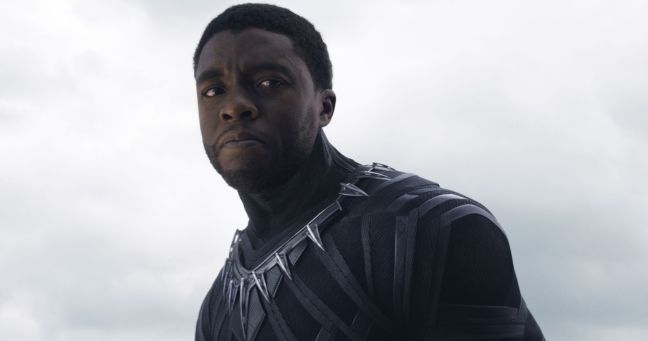“Didn’t you want to find out who your father is, Peter?”
-Gamora to Peter Quill

Hey true believers! Isn’t it fascinating that the MCU’s plans are coming to fruition? Ain’t it even cooler that we fast approaching the cream of it all… the Infinity War!
I think it’s amazing that this far, we can say that Marvel’s story both on the small and big-screens has brought us to this point at last. Thus begins the countdown to the final act and build up of it all and we begin to get a glimpse of this in Marvel’s recent blockbuster success, Guardians of the Galaxy Vol. 2. Here we are introduced to a marvelous inclusion to the cinematic canon as well as a well-crafted continuation to the first film, and every minute of the same is equally savory!
Let it be noted, this is the first film in Marvel’s cache that’s not a typical ‘super-hero’ film…whereas one could argue that the heroes are eager to be just that, heroes, they do it in the most unconventional way. This, they do by making the film, a family film with one agenda, winning you (the viewer’s) heart. The family-centered nature of the movie is a fantastic and timely movie with one answer to the question, “what does it truly mean to be family?”
True to Marvel’s history in the comics, GotG Vol. 2 delivers on its chosen relatable theme and captured the heart of all its viewers. If anything, watching Peter, Gamora and Rocket try and figure their place in the world was a great way to delve into their worlds. In this way, we are exposed to a present reality, the presence of a new kind of family dynamic. Here one chooses their family and finds their place and purpose. It’s very hard not to see a parallel with the Christian message of inclusion of the believer to a chosen family of sorts.
For true to the nature of the world, our biological relations may not all turn out right and we do suffer. Some of us do not end up finding true family among our own kin and we end up finding safety, warmth, love and identity among those we don’t share any blood-ties. It’s curious how this concept works and how its tied to the spiritual…gangs, Bloods and CRIPs, local and international, consider themselves a type of family and look out for their own and there are often rituals involved to show allegiance to the same. These rituals tend to involve tests, pain and even blood. Odd isn’t it?
But here’s where it gets even more peculiar and bear with me for a minute, we find that there really is life and a sense of joy in these settings, including the religious realm. It stands to reason that the cosmic and powerful nature of Ego drove him to associate himself with divinity, a god with a small ‘g’. He was what Marvel’s cosmos would consider gods, a celestial…and we are about to see more soon in Thor Ragnarok later on this year.
Look at it this way, Peter’s biological father though powerful as he was, and belonging to a race of vastly superior beings to anything else in the MCU was not only untrustworthy but was selfish. Peter was not his son in the same way that Bruce wasn’t his father’s child in Ang Lee’s Hulk (2002); they were their parent’s project. Nothing more. It’s also peculiar that much of the character flaws attributed to Ego in GotG Vol. 2 are the very traits associated with many deities in the ancient pantheistic world…they are powerful, but are unmarked by love. So you have a god but he or she comes with trace amounts of care, compassion and love…what an offer ey?
What makes this argument is Ego’s treatment of Peter, he uses him for his own ends. The whole time they’re interacting, he was simply manipulating Peter to use him and his power for his own bizarre ends. What a dad, ey? But hey, don’t take my word for it. Peter himself does say, “No wonder I got issues… (points)that’s my dad!” Heh. It’s actually quite funny, that Peter later realized what value Yondu added to his life by keeping and raising him and basically being a father to him.
Something crazily important to note here though, Yondu was riddled with flaws. He just wasn’t the perfect man. Heck, he was a leader of the ravagers and we learnt that he kept Peter because of his size as a child to steal stuff (now we see why Baby Groot was the ideal candidate for the ‘kill Ego scene’). But, above all, Yondu cared for Peter and grew to love and raise him as his own son. Now that’s fatherhood!
I thought that it’s quite a relatable that the message of Guardian’s was that their is beauty in imperfections, although, it doesn’t necessarily advocate for the abnormal scenario to become the norm. Rather, as a movie that seeks to capture the hearts and minds of its audience, it captured its soul.
And oh, I almost forgot, the comics have a version of God and yes, he’s a celestial. Yes, God with a capital ‘g’…
The One Above All…
Caution though, he’s just as bad…



